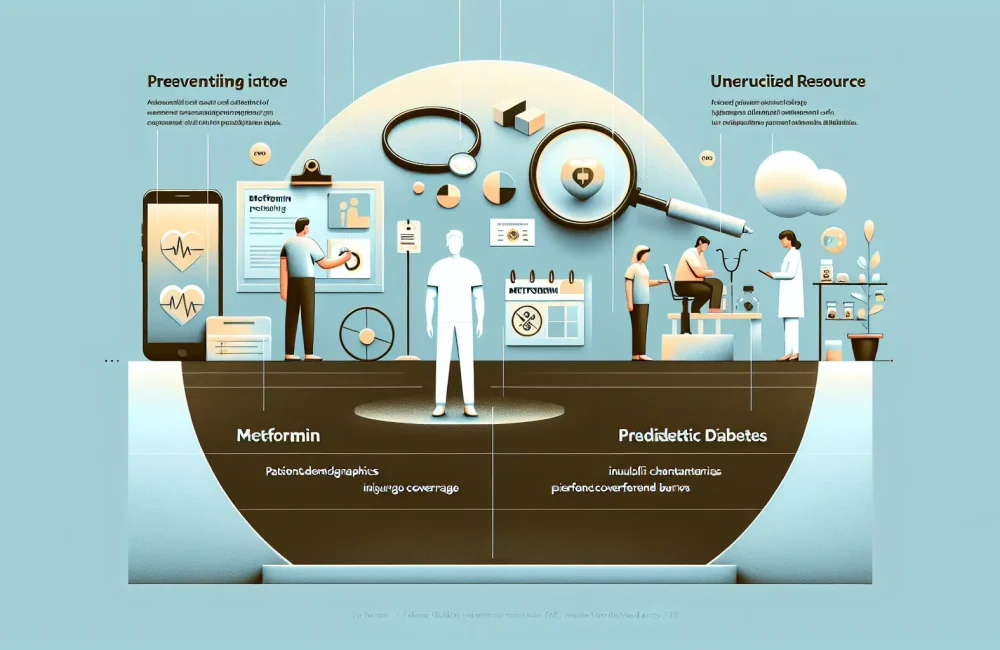By CAFMI AI From Journal of General Internal Medicine
Impact of Age on Insulin Initiation Delays in Type 1 Diabetes
**Critical timing in Type 1 Diabetes (T1D) management:** Insulin therapy is indispensable for all patients with T1D to prevent both acute metabolic crises and long-term complications such as neuropathy, nephropathy, and retinopathy. Prompt initiation following diagnosis is strongly recommended by clinical guidelines to maintain glycemic control and preserve residual beta-cell function. Despite this, data indicate a troubling prevalence of delays in starting insulin, particularly among adults diagnosed later in life. This delay risks exacerbating disease progression and increases healthcare burdens. The study analyzed examines this phenomenon within the US adult population with T1D to provide evidence-based insights relevant to clinical practice.
Study Findings on Insulin Initiation Delays and Underlying Causes
Using a nationally representative cross-sectional dataset of US adults newly diagnosed with T1D, researchers identified a trend where delayed insulin initiation grew more common with increasing age at diagnosis. Specifically, individuals diagnosed after age 30 exhibited the highest rates of delayed therapy initiation compared to those diagnosed in childhood or adolescence. Delays were defined as the initiation of insulin therapy beyond recommended timelines, revealing a gap between clinical guidelines and real-world practice. Possible contributing factors include the misclassification of diabetes type, where adult-onset T1D might be confused with type 2 diabetes, leading to hesitation in prescribing insulin; provider uncertainty about diagnosis and treatment strategies in older adults; and patient-related barriers such as discomfort with injections or competing comorbidities. These delays put patients at higher risk for diabetic ketoacidosis and other acute complications.
Clinical Implications and Recommendations for Practice
The findings have important implications for US healthcare providers. They highlight an urgent need to improve diagnostic accuracy for adult-onset T1D, enhancing clinician education to differentiate T1D from type 2 diabetes in older adults. This encompasses better use of autoantibody testing and C-peptide measurement. Provider awareness programs should emphasize the critical necessity of early insulin initiation to avert adverse outcomes. From a primary care perspective, incorporating streamlined workflows to rapidly identify and start insulin in newly diagnosed T1D patients, regardless of age, is essential. Counseling patients thoroughly about the rationale for insulin therapy and addressing barriers such as injection concerns can facilitate adherence. Additionally, routine follow-up to monitor treatment initiation and glycemic goals will support better long-term diabetes management. Addressing these issues is crucial to closing the care gap and improving morbidity and mortality in adults with T1D.
Read The Original Publication Here






